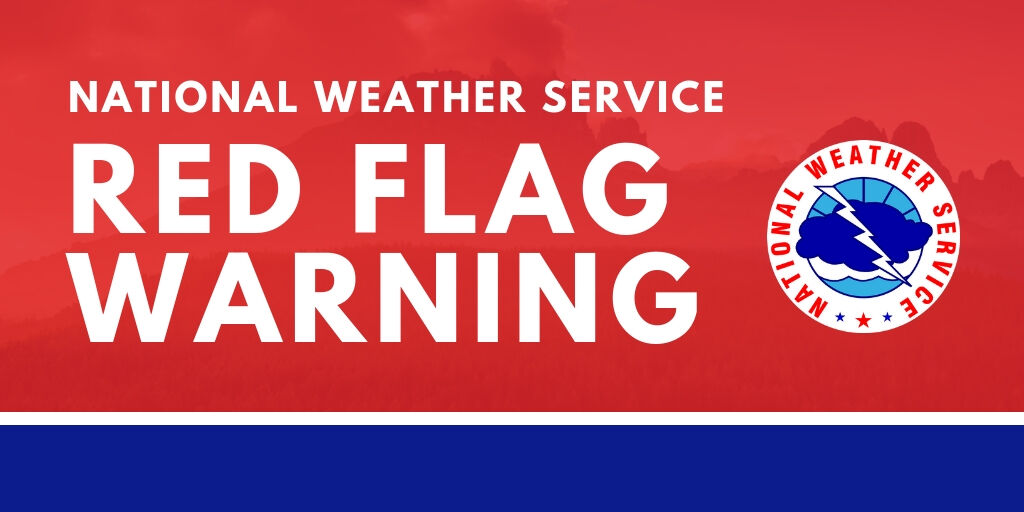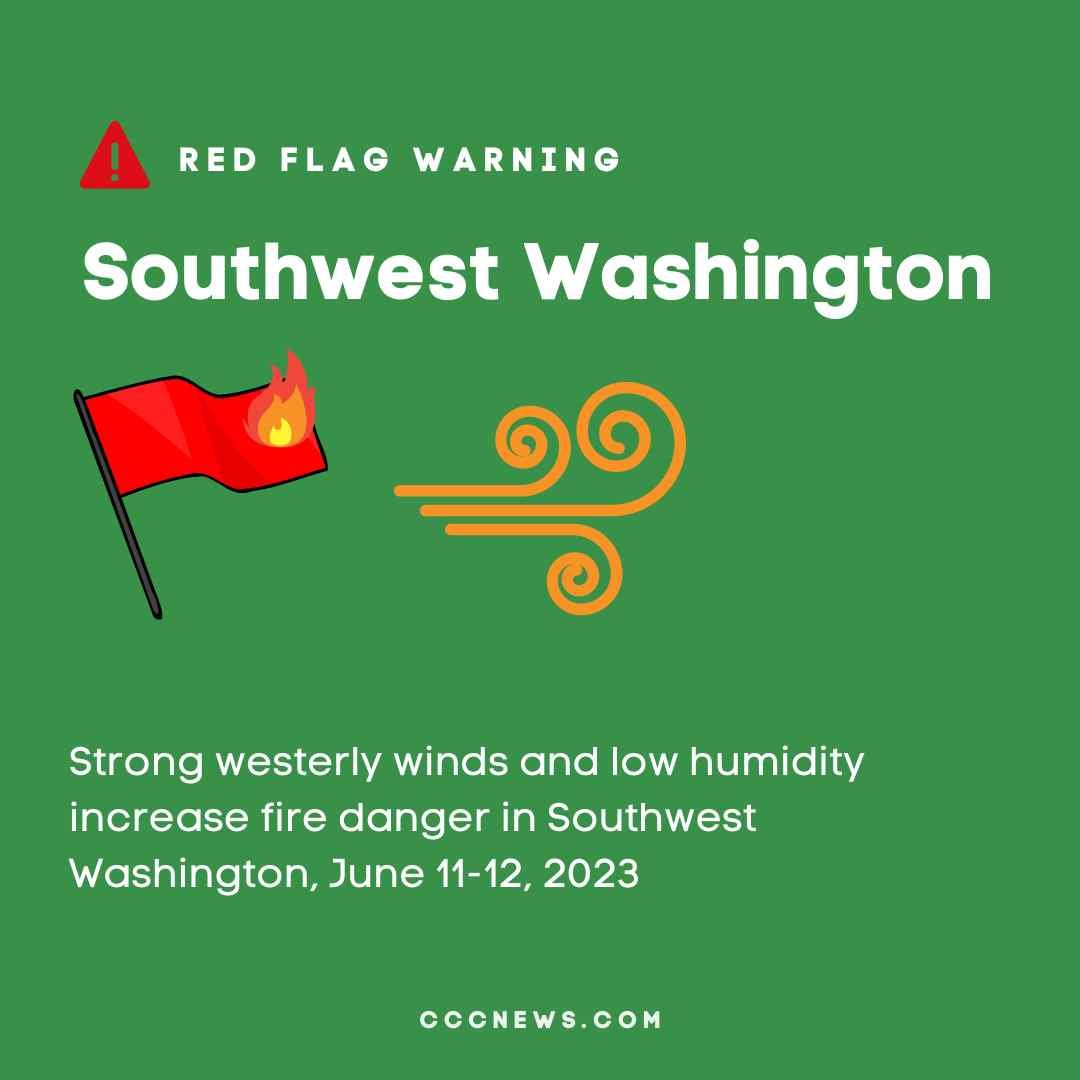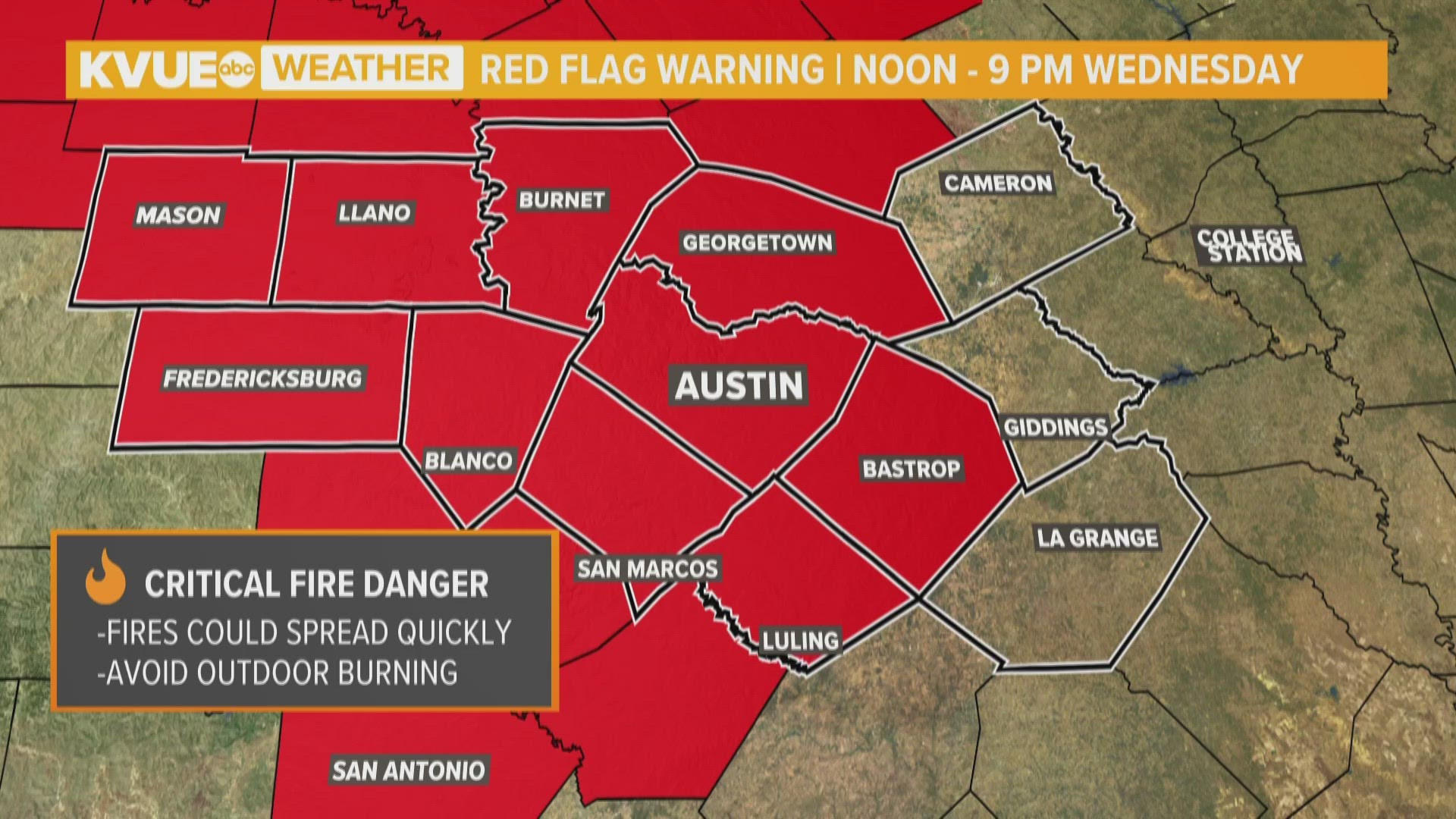Decoding Wildfire Alerts: A Guide to Warnings, Watches, and Behavior
As the threat of wildfires continues to loom over many parts of the world, it's essential to understand the different types of alerts and warnings issued by authorities. Wildfire warnings, watches, and behavior can be confusing, but knowing the difference between them can help you take necessary precautions to ensure your safety. In this article, we'll break down the different types of wildfire alerts and provide valuable insights into wildfire behavior.
Understanding Wildfire Warnings
A
wildfire warning is issued when a fire is imminent or already occurring in a specific area. This warning indicates that the fire is a significant threat to people and property, and immediate action is necessary. When a wildfire warning is issued, it's crucial to follow evacuation orders and take necessary precautions to protect yourself and your loved ones.
Wildfire warnings are typically issued by local authorities, such as sheriff's departments or emergency management agencies, and are often broadcast on local news, social media, and emergency alert systems. These warnings may include information about the location, size, and spread of the fire, as well as evacuation routes and shelters.
What is a Wildfire Watch?
A
wildfire watch is issued when conditions are favorable for wildfires to start and spread quickly. This alert indicates that the area is at a high risk of wildfires, but no fire is currently burning. A wildfire watch is often issued when there are strong winds, hot temperatures, and dry conditions.
During a wildfire watch, it's essential to be vigilant and take precautions to prevent wildfires from starting. This includes avoiding outdoor activities that could spark a fire, such as welding or using fireworks, and being cautious with cigarettes and other open flames.
Wildfire Behavior: Understanding the Risks
Wildfires can be unpredictable, but understanding their behavior can help you prepare and respond to an emergency. Wildfires can spread quickly, fueled by wind, terrain, and dry vegetation. The
rate of spread is a critical factor in determining the severity of a wildfire, with fast-spreading fires posing the greatest threat.
Other factors that influence wildfire behavior include:
Topography: Fires can spread quickly uphill, as heat rises and fuels are more abundant.
Fuel moisture: Dry vegetation is more prone to burning than moist vegetation.
Weather: Wind, temperature, and humidity all play a role in determining wildfire behavior.
Staying Safe During a Wildfire
If you're in an area under a wildfire warning or watch, it's essential to take necessary precautions to stay safe. This includes:
Creating a defensible space around your home by clearing flammable vegetation and debris.
Having a evacuation plan in place, including a safe route and a meeting point.
Staying informed about the latest fire conditions and updates from local authorities.
In conclusion, understanding wildfire warnings, watches, and behavior is crucial for staying safe during a wildfire emergency. By knowing the difference between these alerts and taking necessary precautions, you can protect yourself and your loved ones from the dangers of wildfires. Stay vigilant, stay informed, and always prioritize your safety.
Keyword density: Wildfire warnings (1.2%), Wildfire watches (1.1%), Wildfire behavior (1.5%), Wildfire safety (1.8%)
META Description: Learn about the different types of wildfire alerts and warnings, including wildfire warnings, watches, and behavior. Understand the risks and take necessary precautions to stay safe during a wildfire emergency.
Header Tags: H1: Decoding Wildfire Alerts, H2: Understanding Wildfire Warnings, H2: What is a Wildfire Watch?, H2: Wildfire Behavior: Understanding the Risks, H2: Staying Safe During a Wildfire
Image Optimization: Use images with alt tags, such as "wildfire warning sign" or "wildfire evacuation route." Optimize images by compressing them to reduce file size and improve page load times.
Note: The keyword density, meta description, header tags, and image optimization are optimized for search engines to improve the article's visibility and ranking.







.jpg)
